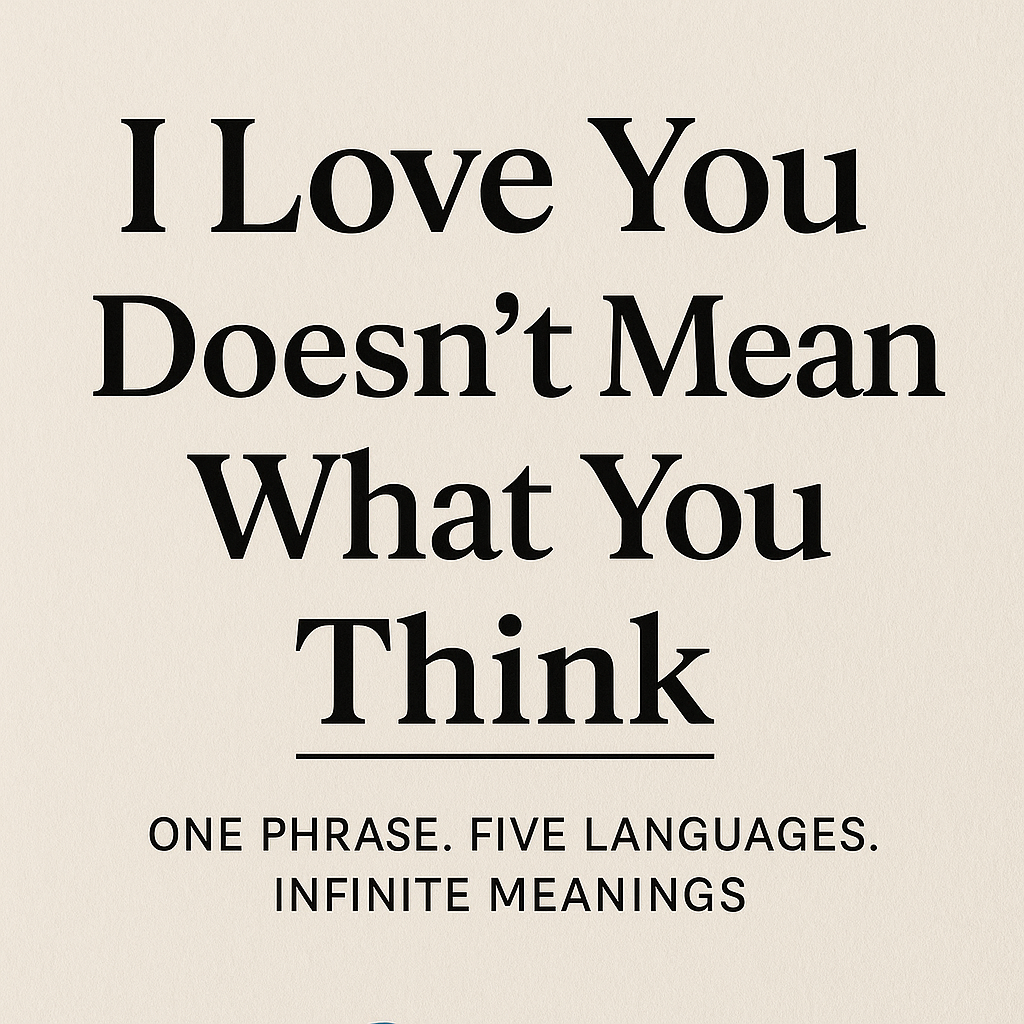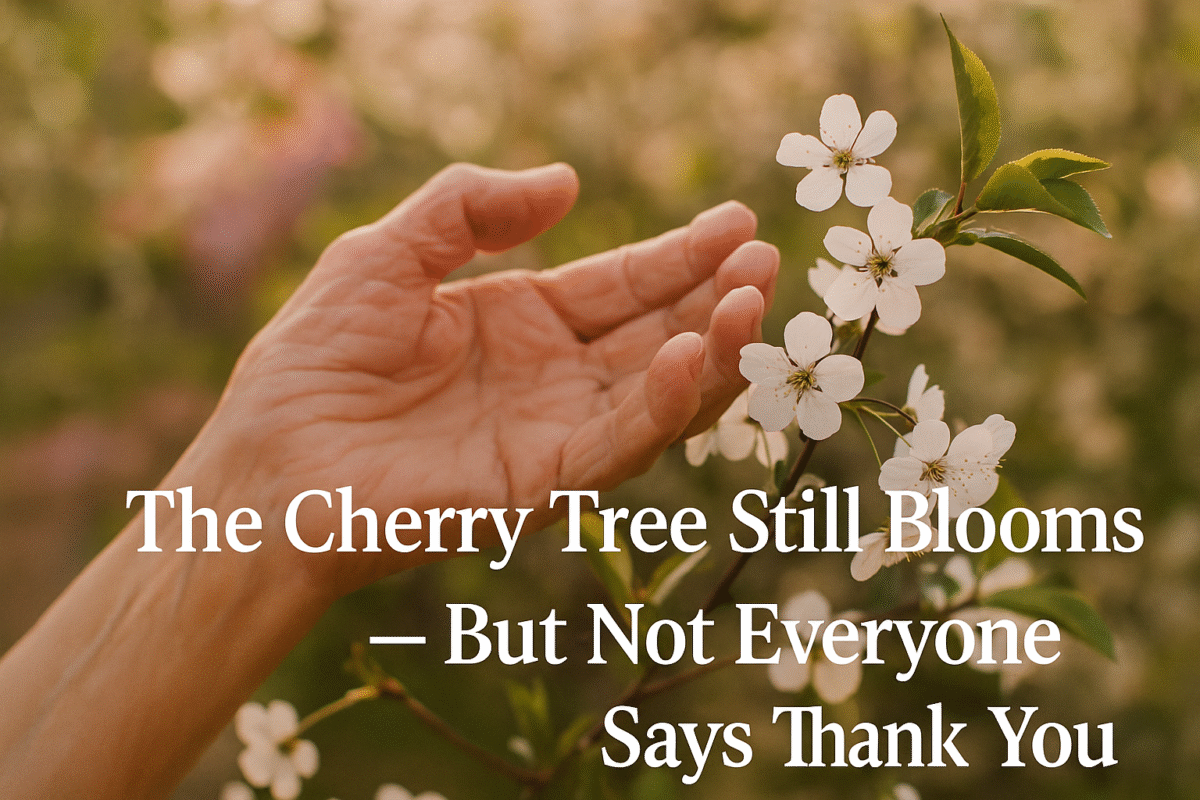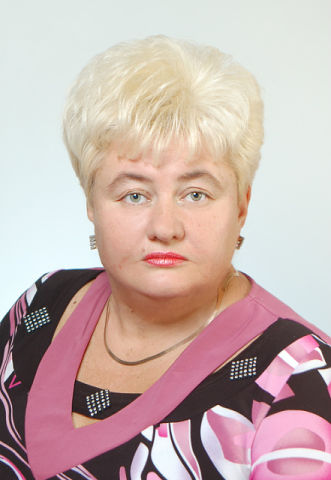Autorenkolumne von Tymur Levitin
Part of the series: 🌸 “The Garden Where Memory Blooms”
🔗 Also available in Ukrainian:
“Черешня цвіте — а дякують не всі”
🏡 A Cherry Tree in My Mother’s Yard
Old and tired, but it still blossoms every year…
Even if no one says thank you.
That’s how the song begins.
Not a hymn. Not a concert hit. A quiet confession — one that isn’t meant to be sung aloud, but rather felt alone.
Because the cherry tree in this song is not just a tree.
It is a mother.
It is Zeit.
It is love that gives without asking — and keeps giving even when no one sees it.
🤍 “Mama, eternal and beloved…”
Mama, mama, eternal and beloved,
Forgive me for not being attentive…
I know you prayed for me —
Day and night, my silver-haired mother.
This is not a pop lyric. It’s a plea.
Not poetic nostalgia. But a grown-up voice, filled with shame and longing.
In this Ukrainian song by Mykhailo Poplavskyi, the singer doesn’t ask to be comforted.
He asks for forgiveness.
Because his mother is still alive — but not for long.
🍒 The Cherry Tree Is a Heart: Still Bearing Fruit, Still Overlooked
Every summer she gives berries to her children,
Even if they don’t thank her.
This line repeats — not because it rhymes, but because it hurts.
How often do we forget to say thank you — to the very people who give us the most?
The mother is the tree.
The house is her garden.
The fruit is her care.
And silence — is our ingratitude.
⚠️ The Most Painful Line:
The cherry tree will wither. The mother will fade.
This is not metaphor.
This is life.
Not about a dead mother. About a living one — who may not bloom next year.
And you will remember too late.
You’ll come — and find a stump.
🧭 What Makes This Song So Powerful?
Because it is still possible.
She is still alive. She is still cooking, still folding your clothes, still watching the clock when you’re late.
And you still haven’t said it.
Not a single “thank you.”
🌱 Memory Blossoms in Everyday Soil
This is not a folk song with embroidered symbols.
The cherry tree is not stylized or sacred.
It’s in the yard.
Behind the house.
Like every mother who gives everything and asks for nothing.
🔄 What Comes Next
This article is the first in a series exploring how songs speak the words we often cannot say.
Next:
- 🌸 One Tree, Two Voices: Iryna Fedyshyn vs Freestyle — the same “kalyna” in two languages
- 🕊 White Wings: Love that flew away, and didn’t return (Poplavskyi)
- 👩🦳 Talk to Me, Mama: When it’s already too late (Bykovskyi)
- 🌻 One Kalyna Behind the Window: Sofiia Rotaru and the soul of a nation in three lines
But today — just call your mom.
Or thank her while she still blooms.
✍️ Author’s Column
Author: Tymur Levitin — founder, director and lead educator at Levitin Language School / Start Language School by Tymur Levitin
© Tymur Levitin






















